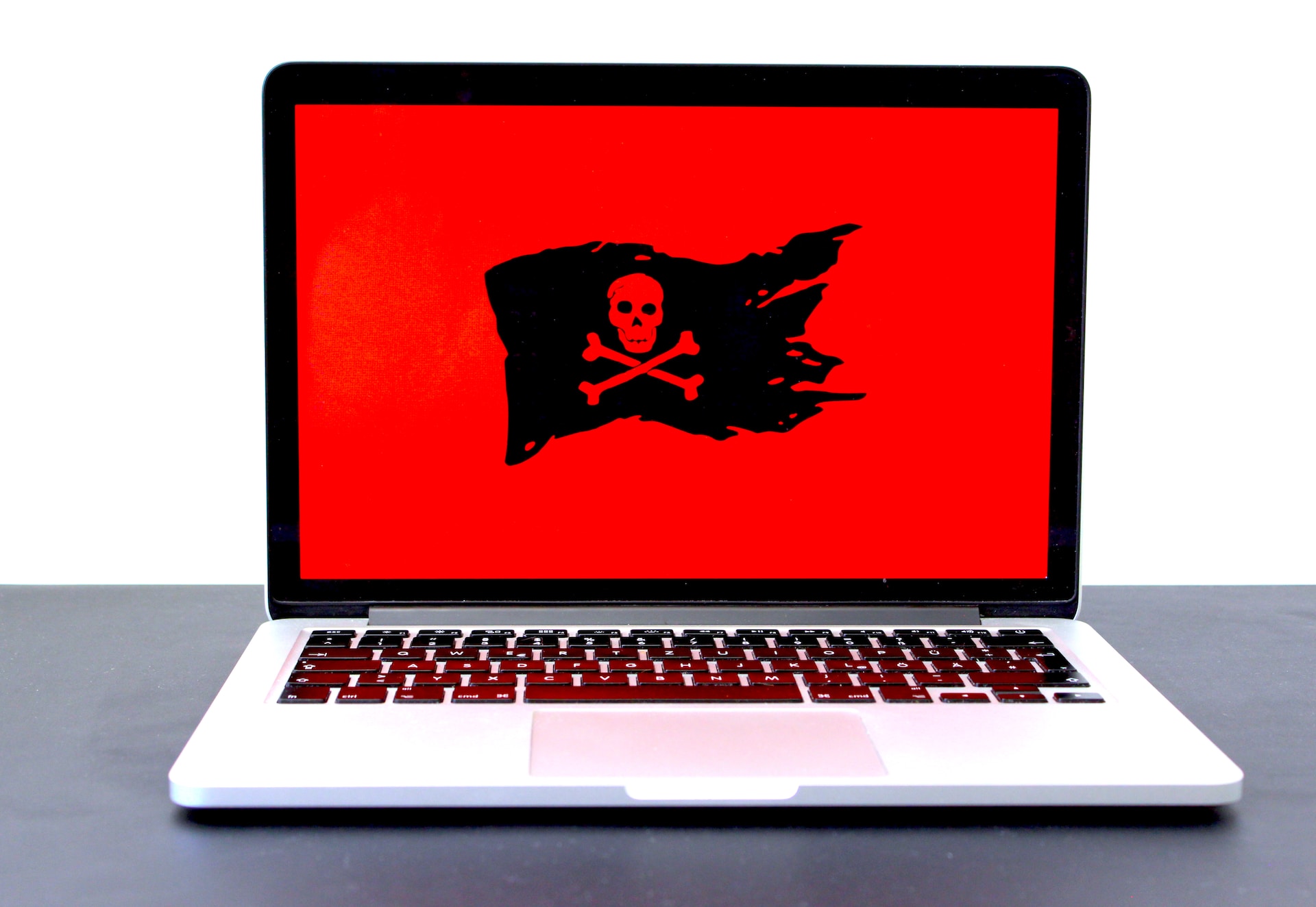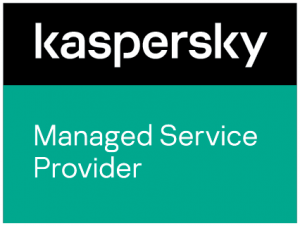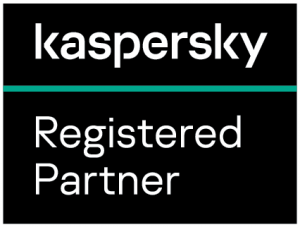Malware and Small Businesses – Ghana

Malware is a threat that Ghana’s small and medium-sized business (SMB) owners cannot ignore in this digital age. Malware is short for malicious computer software. It’s a kind of software that infects and damages computers. Malware can take the form of viruses, spyware, ransomware, and other harmful software.
SMBs in Ghana are particularly susceptible to malware because many do not have the financial resources to invest in robust antivirus or managed detection and response solutions. They are therefore vulnerable to cyber-attacks, which may result in financial and data losses, as well as damage to their reputation.
Types of Malware
There are several types of malware that small businesses in Ghana should be aware of:
Computer viruses: A virus infects computer files, and they can be spread between computers.
Spyware: Spyware, a form of malware designed to steal information such as passwords and credit card numbers from your computer.
Ransomware: Ransomware, a form of malware that encrypts victim files and asks for payment to get the key decryption.
Trojan horses: Trojan horses can be classified as malware. They are disguised software that contains malicious code.
How can SMBs protect themselves?
You can do several things to safeguard your SMB from malicious attacks.
- Invest in Managed Detection and Response (MDR) : This service is designed to protect your data and assets against malware . With MDR, you can relax knowing that your protection is managed by a trusted Managed Service Provider (MSP).
- Software updates are important to prevent malware attacks. Most malware attacks are aimed at outdated software.
- Employers can weaken the security of small businesses. It is important to train employees how to avoid and identify malware. This will help them not download harmful software.
- For SMBs, strong passwords can prevent unauthorized access. It is important to use complex passwords and change them regularly.
- Data backup: Backing up data regularly can help SMBs recover from malware attacks. Backups of data are important in case of ransomware attacks. This will prevent SMBs from paying extremely high ransoms for their encrypted files.
Malware poses a significant threat to Ghana’s SMBs. By investing in MDR’s and keeping software updated, training staff, using strong passwords, and backing up their data, SMBs can better protect themselves from today’s common cybersecurity threats. To learn more about how to safeguard your business against malware, contact us.







